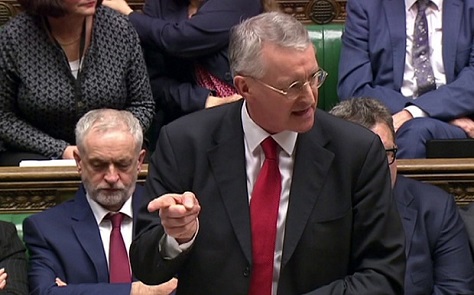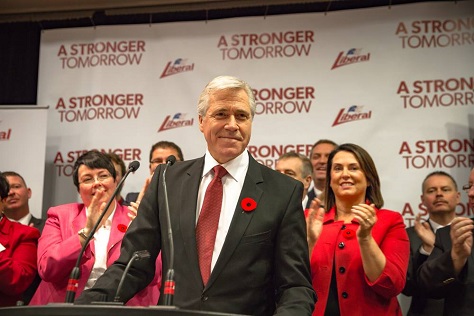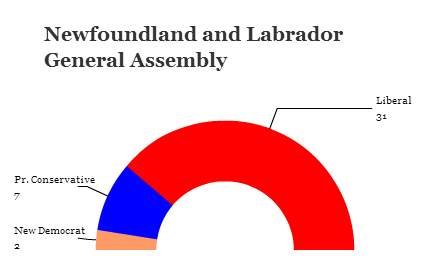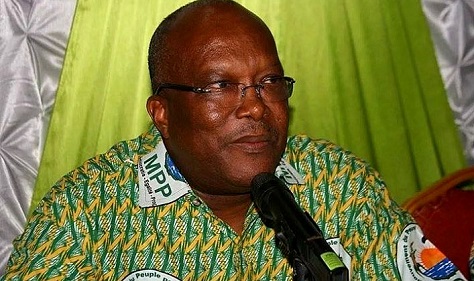
Hilary Benn is not his father’s MP.![]()
Standing before the House of Commons Wednesday night, eliciting applause from both the governing Conservative Party and the opposition Labour Party, Benn made the clearest case for the United Kingdom to join US and French airstrikes in Syria.
Slack-jawed commentators lined up to call Benn’s speech one of the best in the Commons in recent memory and, given the rarity of applause (let alone bipartisan applause) in the House, there’s a great case that they are right. The Telegraph‘s Dan Hodges argued that Benn looked not just like a future opposition leader, but a future prime minister (and you don’t hear those words thrown around these days about anyone in Labour):
Tonight [Benn] articulately, and passionately and elegantly re-crafted his ploughshares into swords. The diplomatic case. The military case. The strategic case. Calmly and forensically he made the argument the Prime Minister could not make and the Leader of the Opposition could not destroy.
Ironically, Benn is the son of the late Tony Benn, the former secretary of state for energy under prime minister James Callaghan, and a one-time deputy leadership candidate in 1981. Long a member of Labour’s hard left, the adjective ‘Bennite’ for decades described the party’s supposedly unelectable left-wing fringe, mentoring socialists like Jeremy Corbyn, who recently upset Labour’s moderates to win the Labour leadership in September, and John McDonnell, who now serves as shadow chancellor. Even after standing down from Parliament in 2001, Tony Benn was an outspoken critic of the British participation in the US-led invasion of Iraq in 2003, serving in the mid-2000s as the leader of the ‘Stop the War’ coalition that Corbyn would later head. Continue reading Who is Hilary Benn?



